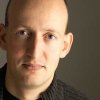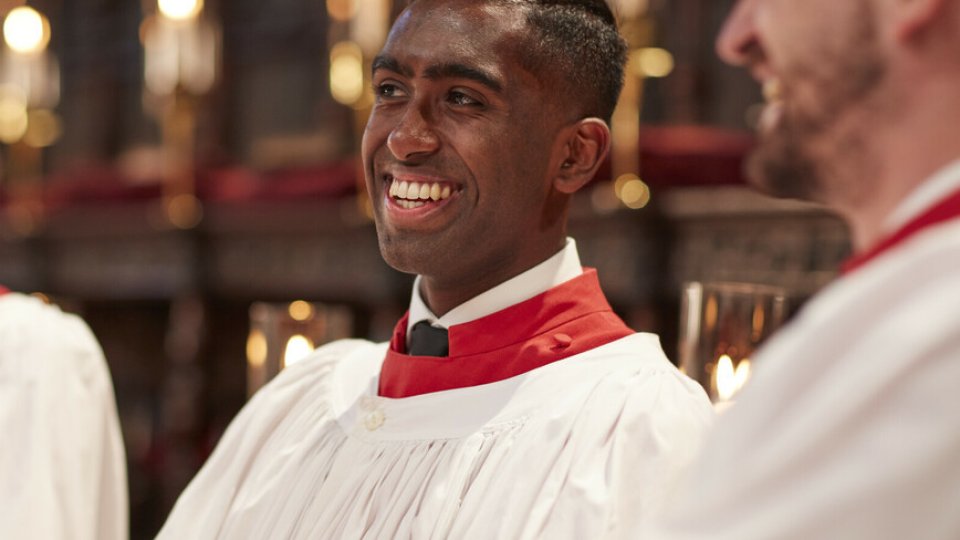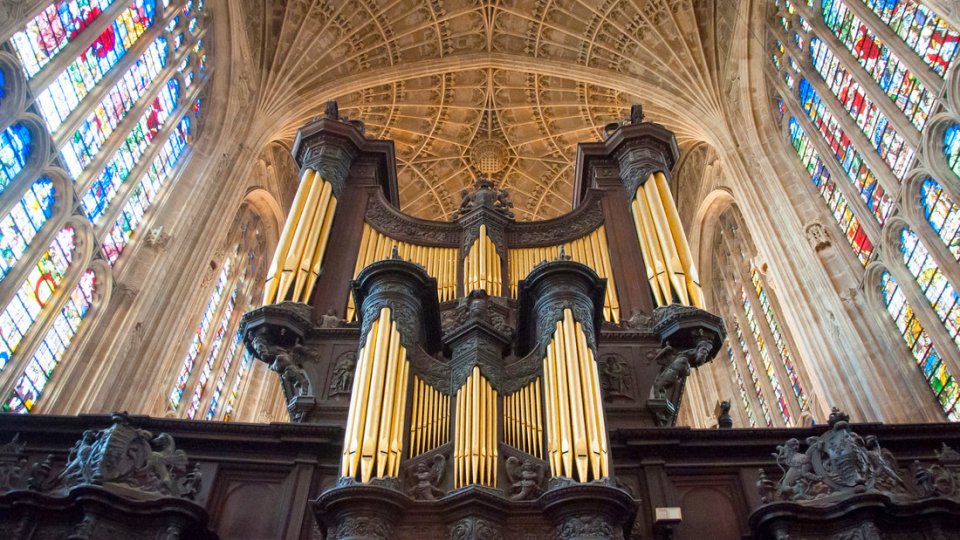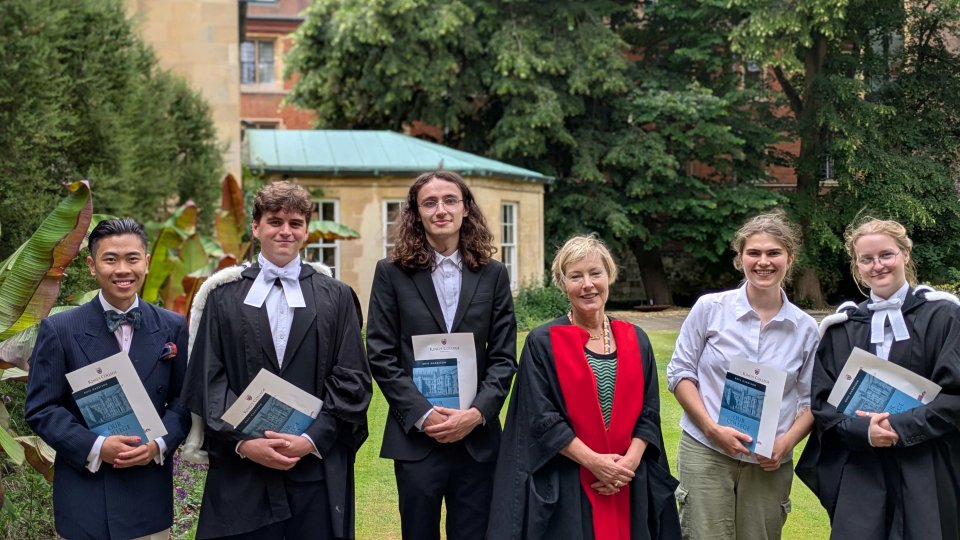What is the Music Tripos? The Cambridge Music Tripos allows you to explore music from multiple perspectives: performance, composition, analysis, sociology, history, and many more. Starting with a first year that aims to provide a general introduction and some basic skills, the remaining two years allow you to tailor your work increasingly toward your special interests and your preferred modes of studying.
Course Structure
The Music Tripos is taught over three years in Part IA (1st year), Part IB (2nd year) and Part II (3rd year). Part IA The first-year programme comprises the following compulsory papers: Music in Contemporary Societies; Western Music History I; Music Analysis I; Tonal Skills I (all 1.0), and General Musicianship (0.5 paper). In addition, students are required to choose two half-paper options from the following: Composition, Music history workshop Extended essay, Performance. Students take a total of 5.5 papers. Part IB The Part IB course contains three core papers (Historical Studies in Western Music II, Analysis II, and Tonal Skills II), and a number of optional papers that always includes Introductions to Performance Studies, Music & Science, Ethnomusicology, and Popular Music and Multimedia; Composition Portfolio, Dissertation, Notation, and Practical Skills. Up to 4 additional Elective Topics will be offered on the approval of Faculty Board. All students are required to take a total of six papers. Students are recommended to take all three core paper and three optional papers. However, in place of one of the core papers, they may submit a further optional paper, subject to approval from the Faculty. In addition, special topics will be offered from time to time in Music Studies and/or cognate disciplines on the approval of Faculty Board. Part II Candidates choose six papers from a list that always contains Analysis Portfolio, Composition Portfolio, Notation, Advanced Performance, and Dissertation. Other papers include Advanced Tonal Composition, Advanced Practical Skills, and Fugue as well as a number of additional papers (to a maximum total of 17 papers) which vary according to the teaching resources of the Faculty in any given year. In addition, special topics will be offered from time to time in Music Studies and/or cognate disciplines on the approval of Faculty Board.
Music at King's
Music has been an integral part of the life of King's College since its foundation in 1441. Many of the world's leading composers (Dame Judith Weir, Erollyn Wallyn, Sir George Benjamin, Thomas Adès, Julian Anderson), performers (Joanna MacGregor, Gerald Finley, Edward Gardner, Paul Daniel, Thomas Trotter, John Butt, Kate Whitley) and scholars were educate here. The College admits a large number of students to read Music each year, and you'll find a buoyant and welcoming musical community made up of students reading more than just Music.
Fellows at King's in Music:
Applying for Music at King's
To apply to study Music at King’s, you need not be a brilliant performer (though it would be unusual if you were not competent on at least one instrument). What is more important is that you have a real appetite for approaching music as a subject of intellectual enquiry from a wide range of perspectives, and the curiosity and motivation to engage fully with this challenging course. A typical intake to read Music at King’s tends to be around five or six each year, but there are no fixed quotas.
Subject Requirements
A-level / IB Higher Level Music or an equivalent is essential for Music applicants. Beyond this there are no required subjects: humanities, languages and sciences are all good choices.
Cambridge-College Registered Assessment
Applicants to King's will not be required to sit an assessment.
Written Work
Following your UCAS application you will be required to submit a harmony or counterpoint exercise, and/or an original composition; and an historical or analytical essay, preferably on music, but another subject is acceptable. We will provide information on how to submit this after 15th October.
Interviews
Students invited for interview at King's will be separately interviewed by at least two academics in early December. The academics will be interested in exploring not just the present state of your knowledge and musical interests but also your potential to flourish and develop further. During your interviews you will be required to comment on a short piece of music and a passage of text relating to music history; you will have opportunity to study these materials beforehand. You may also be required to comment on unprepared scores.
Reading, Resources and Events
There is no required reading material for Music applicants.
To explore the Music Tripos further, go to https://www.mus.cam.ac.uk/applicants/undergraduate








